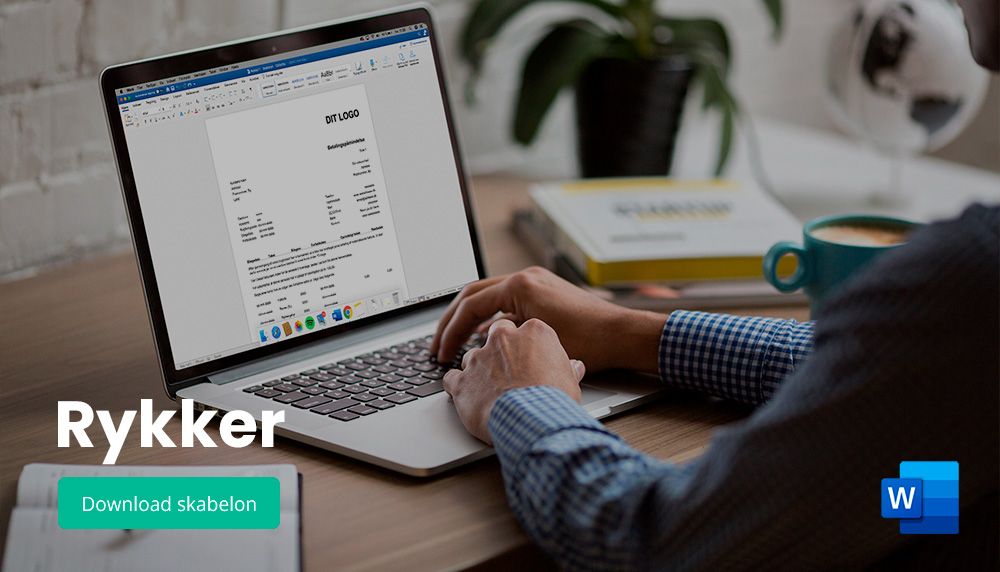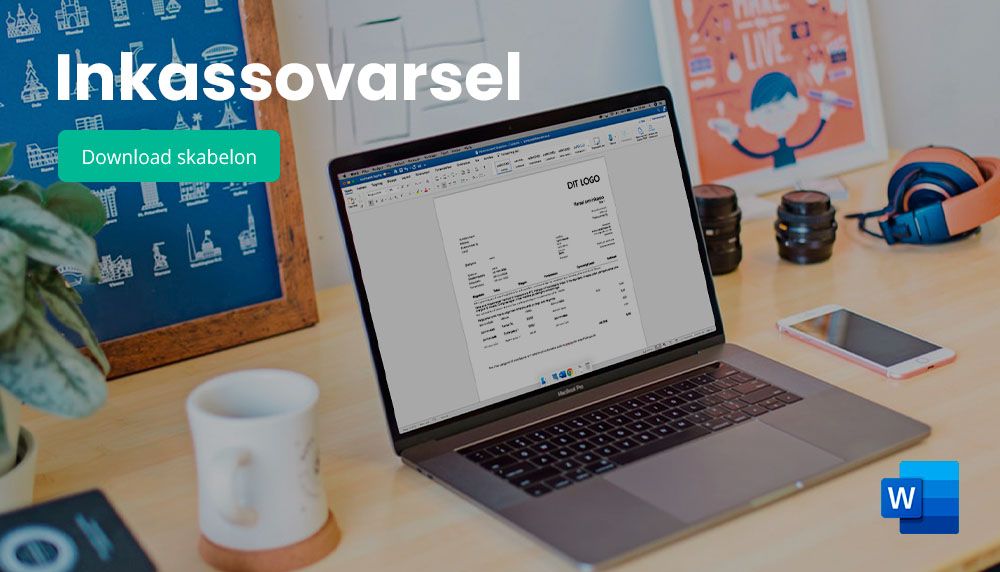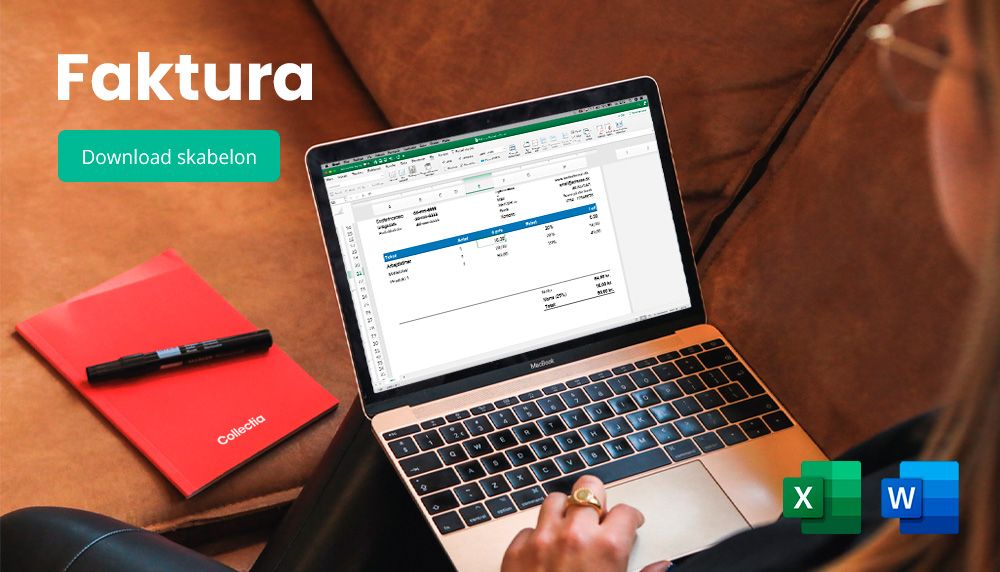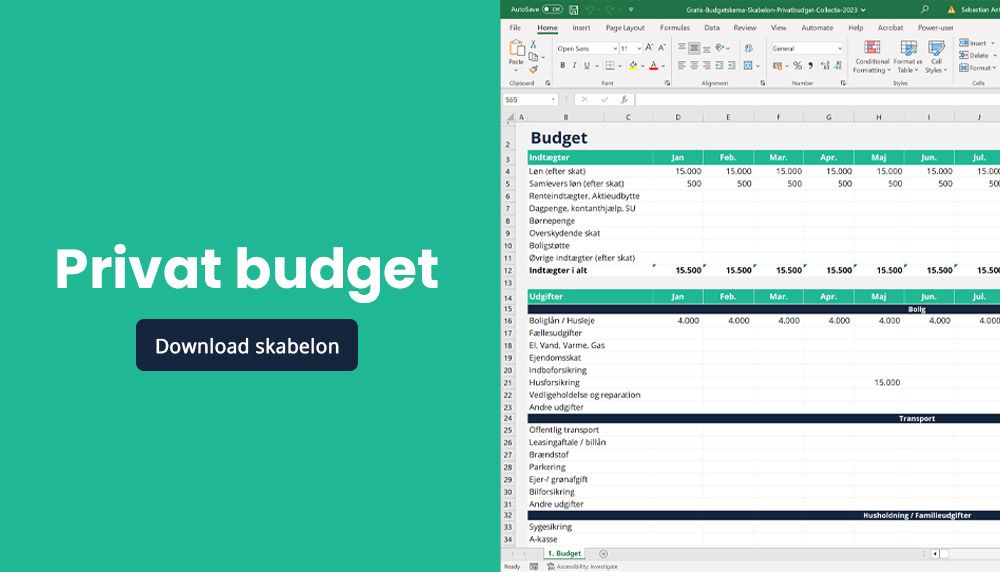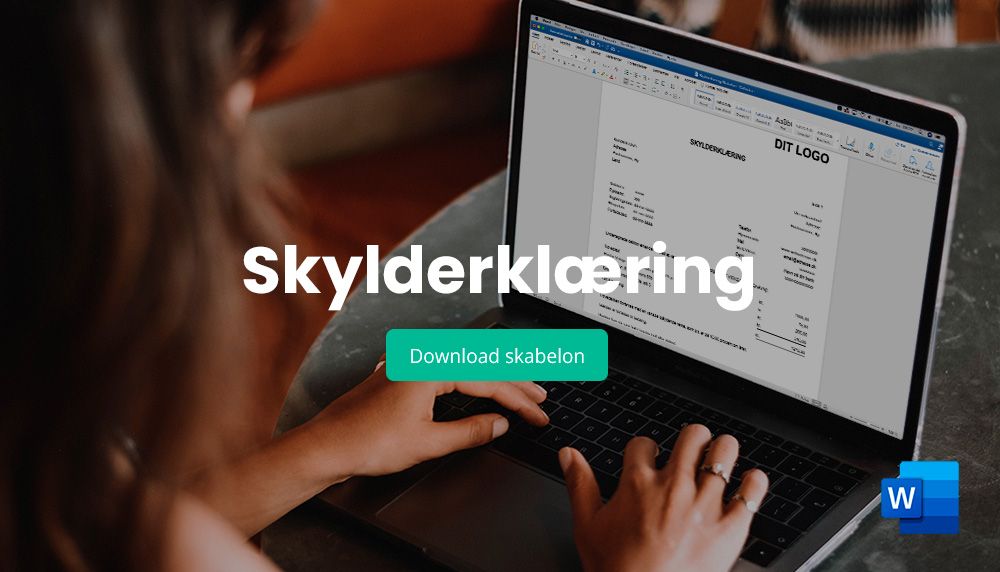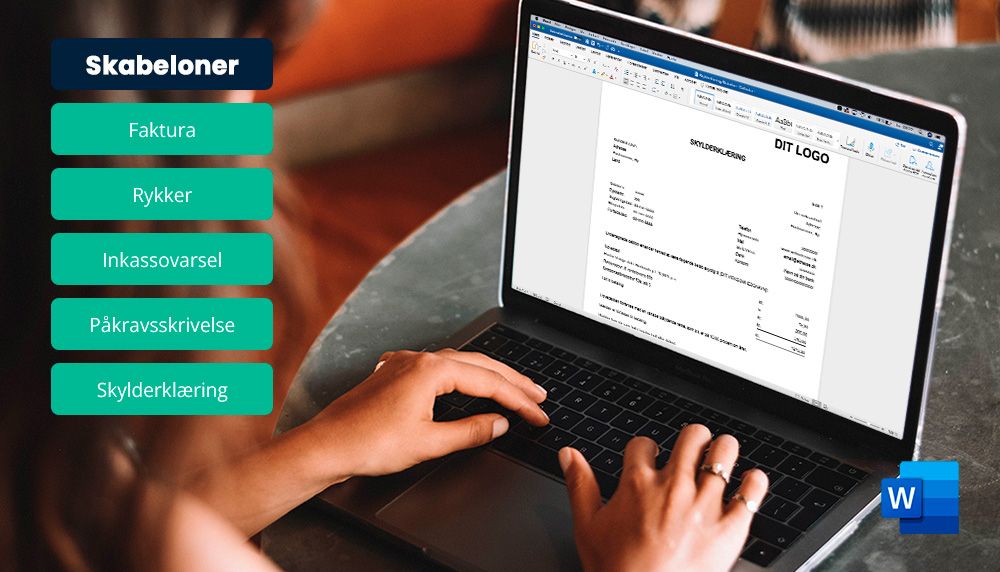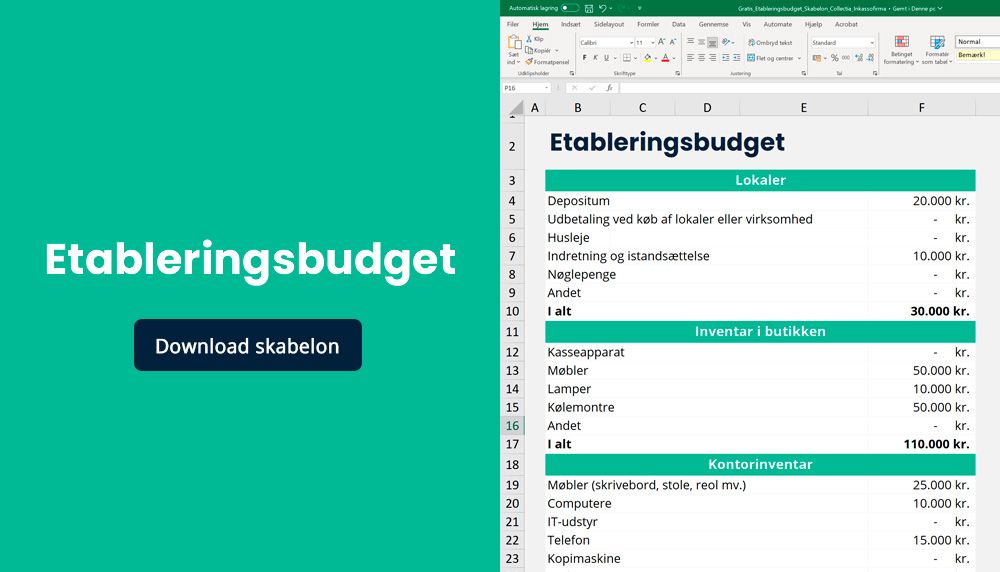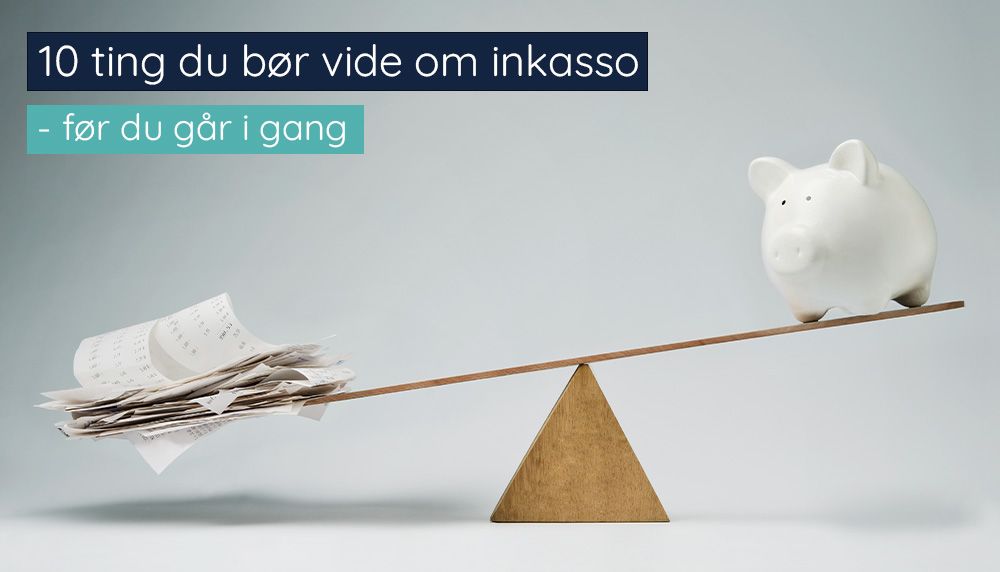
10 things you should know about debt collection
Every day, many businesses, large and small, find that an invoice is not paid. There can be many reasons for this - and fortunately, so can the solution to the problem. If the company cannot or does not want to handle the problem of non-payment and collection from the debtor itself, it is possible to get help with debt collection - either from an authorized debt collection company or a debt collection lawyer.
At Collectia, we help hundreds of companies every day with their debt collection and challenges with the recovery of unpaid invoices. But do you know everything you need to know about debt collection?
Here are 10 things you should know about debt collection - before you start:
1. debt collection is a process
Debt collection is a process that can be initiated after a debtor (your customer) has defaulted on one or more invoices - or repayment arrangements under a loan or similar agreement.
The debt collection process is typically initiated after the creditor has sent a reminder for non-payment. It is not a requirement that the debtor is remindered prior to debt collection. However, there is a requirement to send a statutory debt collection notice.
How debt collection proceeds from there often depends on whether you, your debt collection agency or a lawyer handles the case - and what they think is necessary to get your money back.
2. a debt collection agency, a lawyer or yourself are the only ones allowed to collect debts for you
To help other businesses with debt collection, you must be an authorized debt collection agency, a lawyer or a creditor yourself. In other words, you cannot let just anyone help you collect your unpaid invoices.
There is basically no difference between you, your lawyer or an external debt collection company handling debt collection for you. The legal possibilities, powers and the possibility to impose (almost) the same costs are the same. However, if you choose to let your lawyer or a debt collection agency handle your debt collection, you will benefit from a wide range of advantages, such as
- Always correctly attribute interest, fees and miscellaneous costs to the debtor
- Freeing up the time and resources of your company's employees
- Focus on running your business - not having to move debtors
- Often helping you every step of the way - from the first reminder to the enforcement court
- Professional treatment of your customers
- Debt collection service driven by data/experience
- Online portal where you can follow the recovery process
- And many more...
3. No debt collection without a debt collection notice
Whether your lawyer, your debt collection company or you yourself want to manage the debt collection process against one or more of your debtors - it is essential that the debtor is notified in a so-called debt collection notice, a debt collection letter or a letter of demand.
This debt collection notice is referred to in section 10 of the Danish Debt Collection Act and is therefore also referred to as a section 10 letter. Regardless of what you choose to call the letter, it basically means that the debtor is warned that if the debtor does not pay your outstanding balance within 10 days of sending the debt collection notice - it will trigger debt collection - with the associated imposition of interest, fees and the like.
This letter must also be sent to your customers if you want to take your claim to a court (so-called judicial recovery).
Note that there is no legal requirement on who sends this debt collection notice - and often your lawyer or debt collection agency will send it for you.
4. Judicial recovery is an option - but not always the first and best solution
As a creditor, you always have the option of so-called judicial debt collection, debt collection where you get help from the enforcement court to collect your claim. Often the bailiff court's help is also necessary - but here at Collectia we do not recommend that judicial debt collection is the first action against a debtor.
Often a case can be resolved without the help of the enforcement court. As a starting point, we recommend that you as a creditor or your debt collection company/lawyer always do what is possible without the help of the enforcement court - for example by means of dialog with the debtor, sending reminders (reminders) and by imposing interest and fees on the debtor.
However, if you do not succeed in establishing a dialog with the debtor on full or partial payment of your outstanding balance - judicial debt collection, and thus the bailiff court, is a serious consideration.
Remember that the bailiff court has a processing time, a fee and is no guarantee that you will get your money - so try to do something in advance of the court's help if possible.
5. Remember your fees; reminder fee and compensation fee
Many companies are aware that you as a creditor can and may impose a reminder fee on the debtor - and many are also aware that you may impose a maximum of 3 x 100 kroner, at 10-day intervals.
The reminder fee helps cover the costs associated with the reminder process - and signals to the debtor that the size of the claim increases the longer the payment is not made.
Unfortunately, what most companies don't know about is the compensation fee. Despite the fact that the EU introduced the compensation fee back in 2013, far too few companies still make use of the fee. The compensation fee is a fee that should be seen as a compensation for the extra expenses you may have to spend time/resources on sending payment reminders to your customers. Please note that the compensation fee is DKK 310 and may ONLY be charged to business customers. The compensation fee may be imposed at any time during the reminder or collection process - and may in principle be imposed immediately after the invoice due date has passed.
6. Debt collection is effective - if done right
Many people have the perception that debt collection is often not very effective - and as a debt collection company, we often hear "is debt collection even worth it?"
But fortunately, debt collection is quite effective - often in the out-of-court collection process, and if it is not there - there is always the possibility of judicial collection through the enforcement court.
Debt collection is a process of a longer or shorter nature - but whatever actions are necessary in the process, it is important that they are done consistently - and that what is presented to the debtor actually happens.
7. The faster, the more efficient
Our long experience and statistics show that a decisive factor in whether debt collection is a successful process - and you get your money - is whether you initiate the collection process quickly after the due date is exceeded.
We can clearly see that the longer you take to react to a debtor who hasn't paid - the worse your chances of recovering your money become; the debtor takes on more debt, the debtor dies, the debtor goes bankrupt or similar circumstances come into play.
Whether you want to handle the debt collection process yourself or you choose to have a lawyer or debt collection agency handle the process, it is crucial that you react quickly.
We recommend a maximum of 14-30 days from the due date to the start of debt collection.
8. debt collection does not solve all cases - but...
Debt collection is no guarantee of getting your money back - whether you, a debt collection agency or a lawyer handles debt collection for you.
Fortunately, the vast majority of debt collection cases are successfully resolved - either by full repayment of the claim, through a short or longer installment plan - or by means of the enforcement court, where you as a creditor obtain a judgment on your claim - and thus obtain a statute of limitations on your claim after 10 years. This judgment also allows you to attach the debtor's property and belongings. This way, you can recover some of your claim.
9. After 3 years, it's over...
Most people don't realize it, but after 3 years your invoices expire.
In other words, if you have not received payment for your invoices after 3 years - the amount is basically lost - and you can write it off as lost.
However, the 3 years can be extended, or interrupted, as it is legally called. An interruption of the limitation period is done with the help of the enforcement court - and if you obtain an interruption of your limitation period, you will have a new limitation period of 10 years. In other words, you have 10 years to get your money back - and thus a chance that the debtor's financial situation will change during this period.
The limitation period of 3 years starts from the time when it is presumed that you, as a creditor, could have received your money - i.e. generally on the due date of the invoice.
10. debt collection agency or debt collection lawyer?
Do you have one or more unpaid invoices and now you want a lawyer or a debt collection agency to take over the case - but don't know which solution to choose?
In Denmark, there are over 100 debt collection companies and many more lawyers who would like to help you with debt collection. Many people mistakenly believe that a lawyer has more powers or options than a debt collection agency - this is not correct.
A debt collection agency typically does nothing else but collect money on behalf of their clients, and therefore they often have efficient and streamlined procedures and processes for debt collection. The debt collection agency has no more or less powers than a lawyer.
